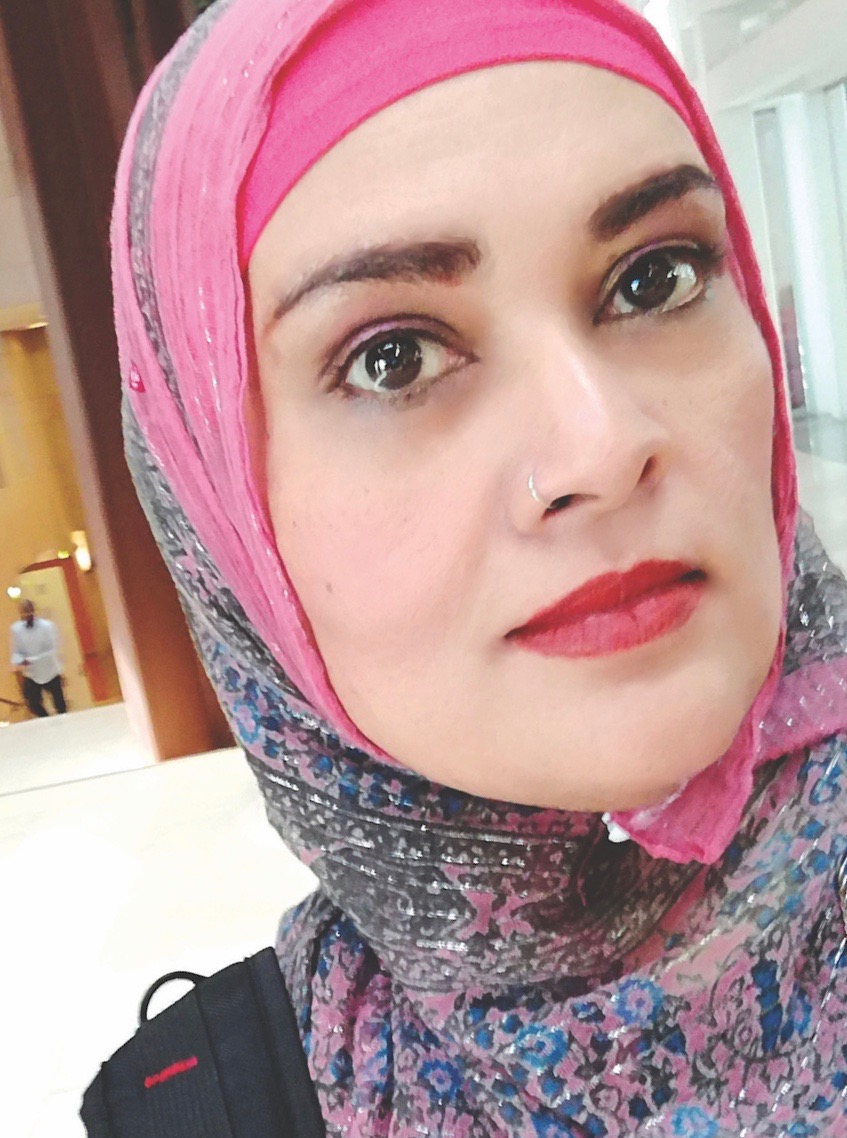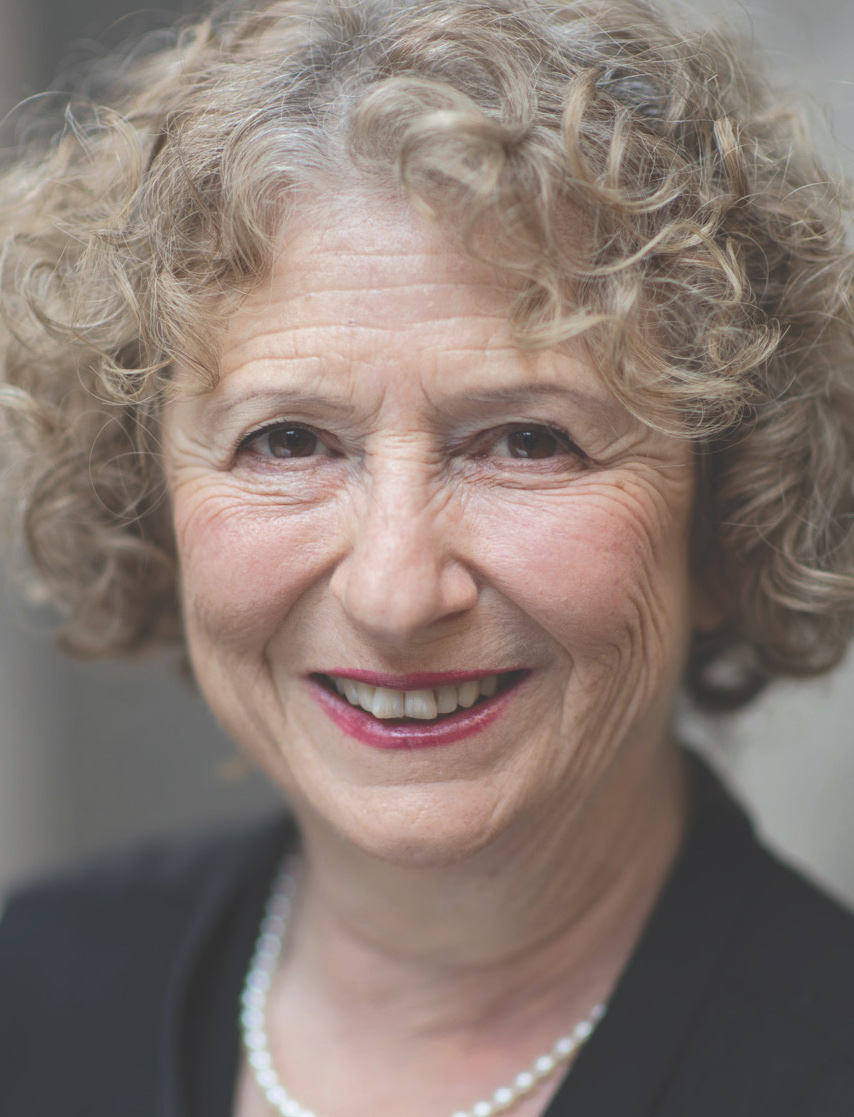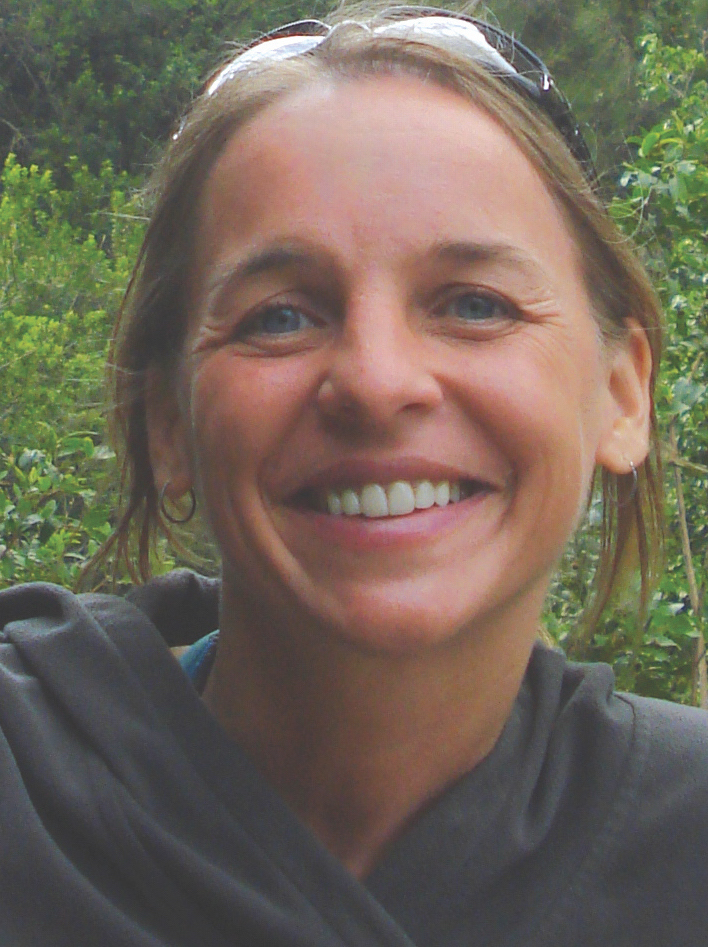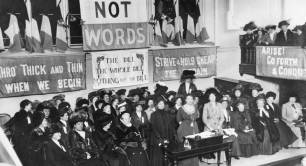What would make you chain yourself to the railings?
 Dr. Thamina (Samina) Anwar
Dr. Thamina (Samina) Anwar
Founder, Trade Not Riba dot Com
New Zealand
Should the social enterprise and impact investment world focus on hiring more diverse talent?
A diverse pool of talent is a form of empowerment. It can provide a platform of highly motivated individuals, working in meaningful projects/sectors, creating both profit and social impact, aimed at the betterment of the common good.
It can also bring different dimensions and ensures that ideas and voices of different groups (of both the majority/minority) are heard and taken into account during the decision-making process.
In the early 20th century, British suffragettes campaigning for votes for women chained themselves to the railings of parliament. What one issue would you do this for?
One issue very close to my heart is poverty alleviation. The scale of poverty worldwide is overwhelming. The gap in wealth inequality between the rich and poor has continued to rise, both in developed and emerging economies. I developed a model called Islamic Social Entrepreneurship (ISE) during my PhD studies. The ISE model creates social impact in four areas: poverty alleviation, sustainability, community empowerment and social justice. Therefore, the ISE model offers the opportunity to combat poverty for both Muslim majority and non-Muslim countries by investing in a new kind of business with the goal of creating both profit and social impact.
What advice would you give to your 21-year-old self?
Make a difference in people’s lives. Be bold and never be afraid of being a changemaker.
 Marcia Nozick
Marcia Nozick
Founder and CEO, Embers
Canada
Should the social enterprise and impact investment world focus on hiring more diverse talent?
Diverse talent in all workplaces is critically important – it helps drive innovation through different perspectives and lived experiences. In the social enterprise and impact investment world, diversity is especially important for two reasons. First, if we want to build an inclusive society where no one is left behind, we have to start by hiring people in our businesses who have been traditionally left out.
Second, by not focusing on hiring diverse talent we risk missing the mark entirely. How can we solve the complex social problems of our time if we don’t involve the people most affected? Or those who have different perspectives? Diverse talent is the basis for diverse solutions.
In the early 20th century, British suffragettes campaigning for votes for women chained themselves to the railings of parliament. What one issue would you do this for?
The biggest issue I worry about today is the degradation of the social contract: a lack of empathy, respect and responsibility to one another. People are turning away and against when we should be turning toward each other. We need to find ways to build authentic communities and get back to what really matters. By using business for good, social enterprises play an important role in developing social relationships, healthy communities and a sense of reciprocal care taking.
What advice would you give to your 21-year-old self?
Fearlessly try new things because the world needs fresh ideas. Allow yourself to be open to the world, to creativity and to opportunity. There’s no need to over-plan your life!
 Amanda Kiessel
Amanda Kiessel
Co-founder and director, Good Market
Sri Lanka
Should the social enterprise and impact investment world focus on hiring more diverse talent?
Absolutely. Diversity is critical for resilience and adaptation in natural ecosystems, and it plays a similar role in social systems. When we bring together people who have different backgrounds and life experiences, we are able to look at problems from new angles and we come up with more creative solutions.
In the early 20th century, British suffragettes campaigning for votes for women chained themselves to the railings of parliament. What one issue would you do this for?
Good Market focuses on supporting the transition to a 21st century economy that works for people and the planet. This is long haul work, which means there isn’t a single political advocacy issue to mobilise around (yet), but there are many immediate changes that could help lay the foundation for this larger transition.
For example, I’d chain myself to the railing to get ranked choice voting on ballots in the United States. This would make it possible to break the hold of the current two-party system and get people in office that commit to campaign finance reform.
What advice would you give to your 21-year-old self?
“We make the road by walking.” At 21, I still believed in the concept of a career path, and I still believed in projects with clearly defined activity plans, budgets, and milestones.
This article was first published in Pioneers Post Quarterly, issue 11. For more content on the inspiring women in UK social enterprise, head to the NatWest WISE100: Leading women in social enterprise collection.
Header photo: The Women's Library collection on Flickr


